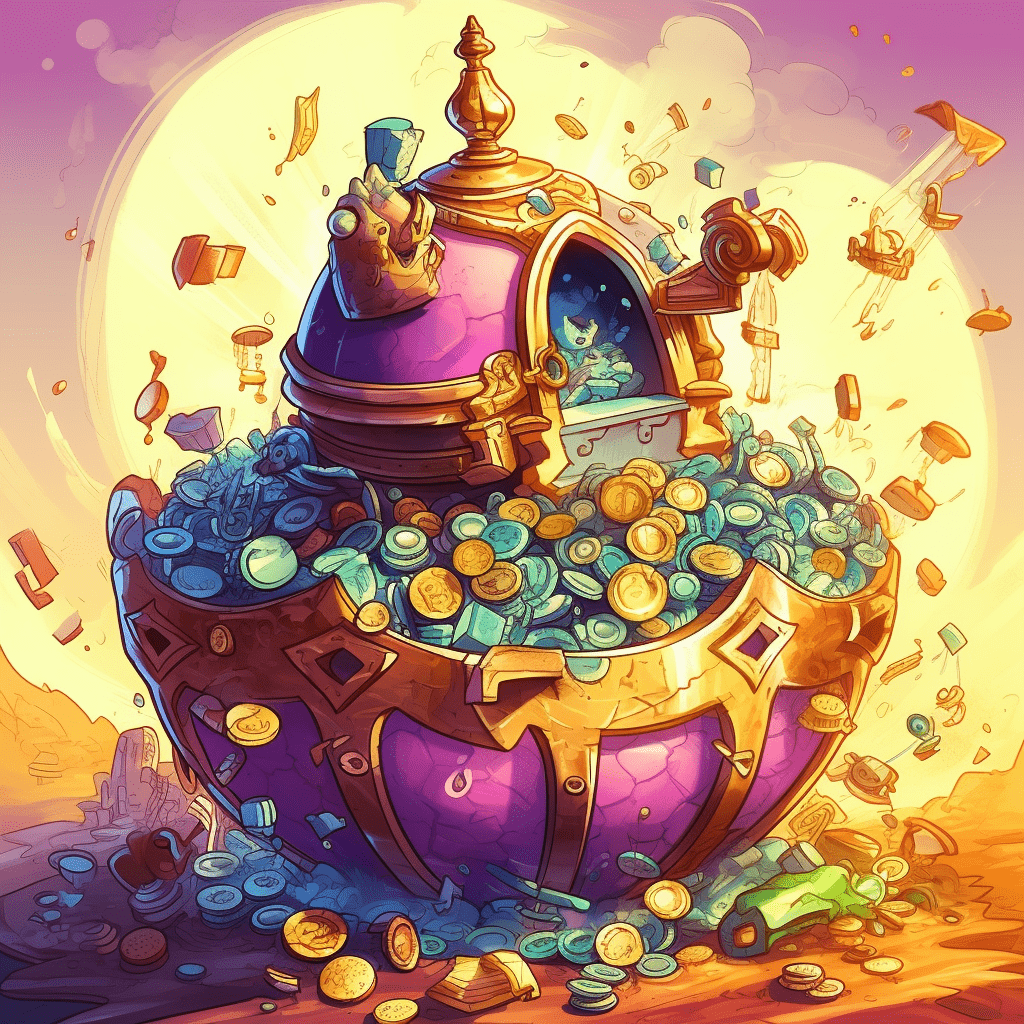Creating and selling non-fungible tokens (NFTs) has become a popular way for artists and content creators to monetize their digital works. One of the crucial aspects to consider when diving into the NFT space is the associated fees and transaction costs. In this article, we’ll explore the fees involved in minting NFTs and the various transaction costs across different platforms and blockchains, helping you understand how much it costs to make an NFT.

Ethereum-Based NFT Platforms
Ethereum is the most popular blockchain for NFTs, and many platforms are built on it. Some of the most popular Ethereum-based NFT platforms include OpenSea, Rarible, and Foundation. Let’s dive into the fees and costs associated with these platforms.
OpenSea
OpenSea is the largest NFT marketplace on the Ethereum blockchain, where users can create, buy, and sell various types of NFTs, including digital art, collectibles, and virtual land.
- Minting Cost: Creating an NFT on OpenSea is free. However, you’ll need to pay a one-time “gas fee” to initialize your account. This fee is paid in Ether (ETH) and can vary depending on network congestion.
- Transaction Cost: OpenSea charges a 2.5% fee on sales made on the platform. Additionally, sellers may have to pay gas fees for accepting offers and transferring NFTs.
Rarible
Rarible is another popular Ethereum-based NFT platform that allows users to create, buy, and sell NFTs, with a focus on digital art and collectibles.
- Minting Cost: To create an NFT on Rarible, you’ll need to pay a gas fee, which varies depending on network congestion. These fees can be quite high during peak times.
- Transaction Cost: Rarible charges a 2.5% fee on sales made on the platform. As with OpenSea, sellers may have to pay additional gas fees for accepting offers and transferring NFTs.
Foundation
Foundation is an Ethereum-based NFT platform that focuses on digital art and operates on an invite-only basis for artists.
- Minting Cost: Similar to other Ethereum-based platforms, minting an NFT on Foundation requires the payment of a gas fee, which can vary depending on network congestion.
- Transaction Cost: Foundation charges a 15% fee on sales made on the platform, with 10% going to the platform and 5% to the artist who invited the seller. Additional gas fees may apply for transactions.
Binance Smart Chain-Based NFT Platforms

The Binance Smart Chain (BSC) has emerged as an alternative to Ethereum for NFTs due to its lower transaction costs. Some popular BSC-based NFT platforms include BakerySwap and TreasureLand.
BakerySwap
BakerySwap is a decentralized finance (DeFi) platform on the BSC that includes an NFT marketplace for digital art and collectibles.
- Minting Cost: BakerySwap charges a small fee in BAKE tokens for minting NFTs. This fee is typically lower and more stable than Ethereum gas fees.
- Transaction Cost: BakerySwap charges a 2.5% fee on sales made on the platform. Additional fees may apply for transactions, but they are generally lower than Ethereum-based platforms due to the BSC’s lower fees.
TreasureLand
TreasureLand is another BSC-based NFT platform that supports the creation, buying, and selling of various types of NFTs, including digital art, collectibles, and virtual land.
- Minting Cost: The cost of minting an NFT on TreasureLand is relatively low, as it’s based on the BSC. Users pay a small fee in TLT tokens.
- Transaction Cost: TreasureLand charges a 2.5% fee on sales made on the platform. Similar to BakerySwap, the fees for transactions on TreasureLand are generally lower than those on Ethereum-based platforms.
Layer 2 Solutions for NFTs
Layer 2 solutions, such as Immutable X and Polygon, have gained popularity due to their ability to reduce transaction costs and improve scalability for NFT platforms.
Immutable X
Immutable X is a Layer 2 solution built on Ethereum that focuses on reducing gas fees and improving scalability for NFT platforms like Gods Unchained and SuperRare.
- Minting Cost: Creating an NFT on Immutable X is free, with no gas fees required.
- Transaction Cost: Immutable X does not charge any fees for trading NFTs on its platform. However, individual NFT platforms using Immutable X may charge their own fees.
Polygon
Polygon is another Layer 2 solution that has gained popularity among NFT platforms, such as Aavegotchi and Decentraland, for its low fees and high scalability.
- Minting Cost: Minting NFTs on Polygon-based platforms is generally free or involves a minimal fee in MATIC tokens.
- Transaction Cost: While trading NFTs on Polygon-based platforms, users may encounter minimal fees, which are significantly lower than those on Ethereum.
Final Thoughts

The cost of minting NFTs and transaction fees can vary greatly depending on the platform and blockchain you choose. Ethereum-based platforms tend to have higher fees due to gas costs, while Binance Smart Chain and Layer 2 solutions offer more affordable alternatives. When selecting a platform for creating and selling NFTs, it’s essential to consider the associated costs and weigh the pros and cons of each option.
